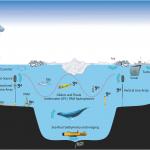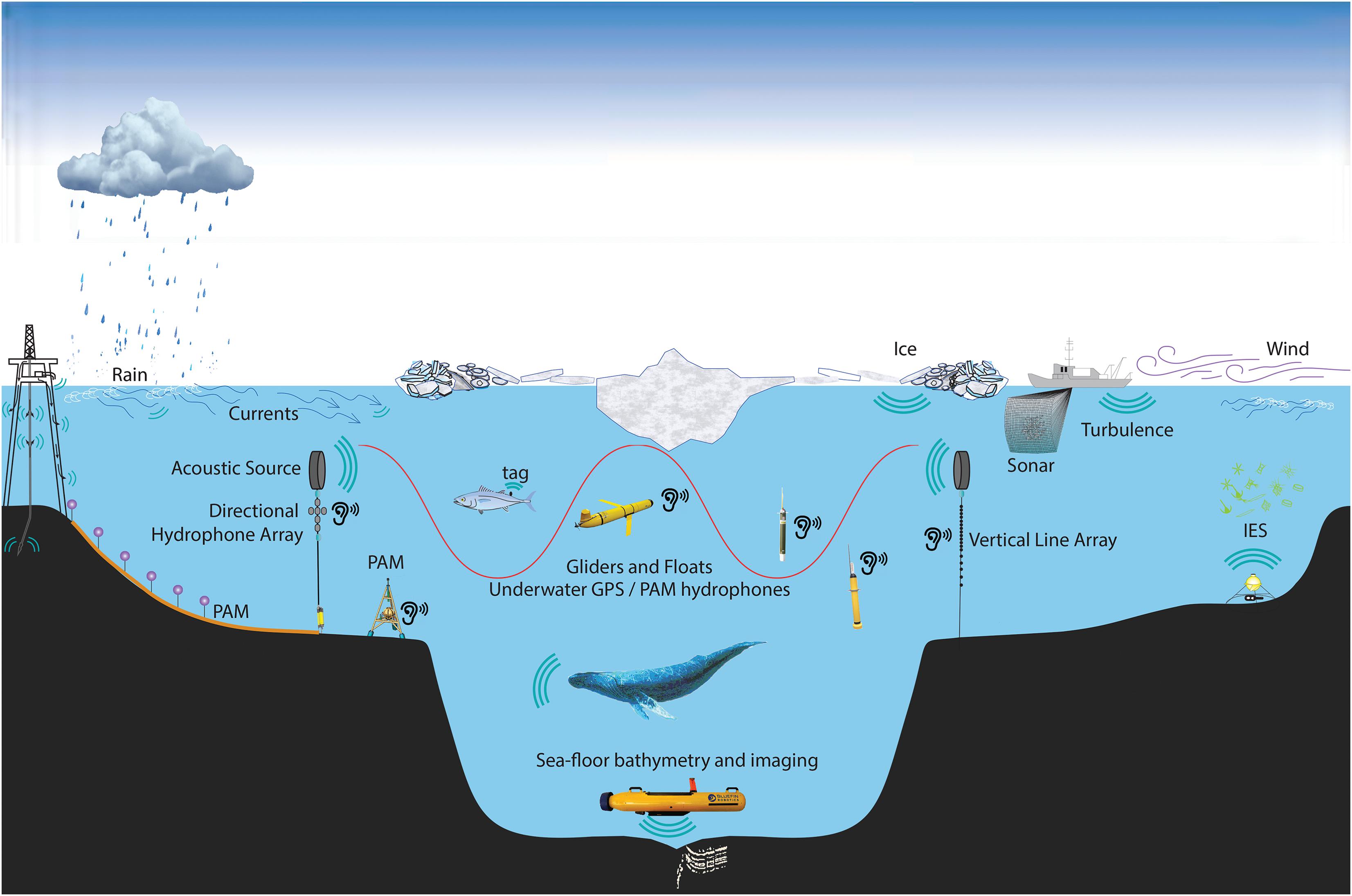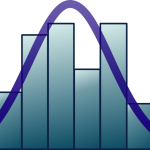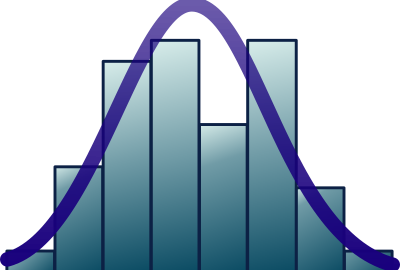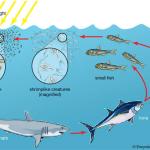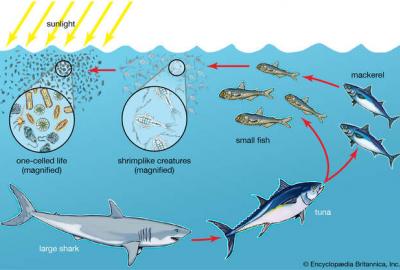Acoustic monitoring as a marine conservation tool
Underwater acoustics is the study of sound propagation through water. As sound travels much more efficiently through water cetaceans have evolved to use this mechanism for navigating, finding food and communicating. This ability allows cetaceans to carry out their normal functions irrespective of sight which would be greatly influenced by turbidity, depth and darkness. Through the study of underwater acoustics we can get an insight into cetacean occurrence and behaviour when visual observations are not possible such as during hours of darkness and during adverse weather conditions.
This module will train students in the different acoustic monitoring technologies available and how to analyse and interpret acoustic datasets.
The syllabus will include:
- Introduction to underwater acoustics and bioacoustics
- How animals (marine mammals) produce sound
- Acoustic recording equipment
- Recording and analysis of underwater sound
- Interpretation of acoustic data for conservation purposes
Final Competencies
1 Discuss the role of acoustics in conservation.
2 Design acoustic surveys as components of marine conservation initiatives.
3 Identify appropriate equipment to meet survey objectives within environmental constraints.
4 Retrieve, analyse and interpret acoustic data.
Additional information regarding teaching methods
- This module utilises a case study approach, seminal research papers are evaluated and discussed by the learners.
- It will also utilise a role play component, where learners must adopt a viewpoint supported by available evidence in debate with their peers tasked with holding opposite viewpoints.
Additional course information can be found here: https://studiekiezer.ugent.be/studiefiche/en/C003924/2021

